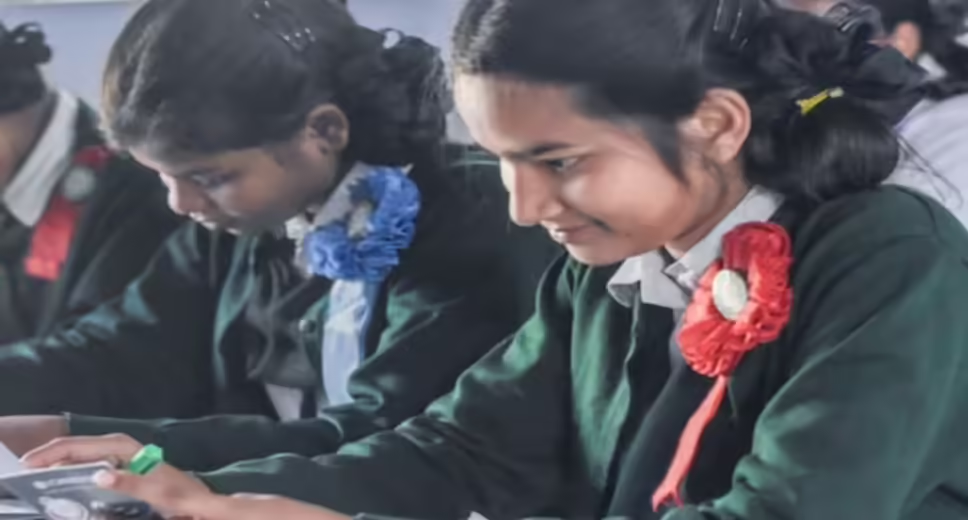Chapter on Periodic Table dropped from NCERT Class 10 textbooks, remains for Class 11

Following extensive criticism regarding the alleged removal of the periodic table from Class 10 textbooks, the National Council of Educational Research and Training (NCERT) has released a clarification. The council clarified that the topic has not been eliminated but rather relocated to Class 11 textbooks as part of an effort to rationalize the curriculum and alleviate the burden on students amidst the COVID-19 pandemic. NCERT has also made adjustments to or relocated a few other subjects across various topics.
In a series of tweets, NCERT outlined the reasons behind the revision of the Class 10 syllabus. "Throughout the COVID-19 pandemic, students at all levels of schooling have faced significant challenges in their pursuit of education, primarily through online and other alternative learning methods," NCERT expressed. Class 10 curriculum includes coverage of chemical reactions, acids, bases, salts, metals, non-metals, and carbon compounds. A more in-depth study of the Periodic Classification of Elements (the periodic table) will be reserved for students studying science in classes 11 and 12.
NCERT explained that fundamental concepts such as elements, symbols, compound formation, atoms, and molecules are addressed in Class 9. The Class 10 curriculum focuses on topics like chemical reactions, acids, bases, salts, metals, non-metals, and carbon compounds. A comprehensive exploration of the Periodic Classification of Elements (the periodic table) will be undertaken by students pursuing science in classes 11 and 12.
The council acknowledged that concerns related to curriculum load, including the content spread across syllabi and textbooks, were taken into account during the revision. Various stakeholders, including the Parliamentary Standing Committee, had expressed concerns about the syllabus, which prompted NCERT to clarify the rationale behind the revisions. The revision process considered the overlap of similar content present in other subject areas within the same class. NCERT emphasized that a thorough analysis of textbooks across subjects and classes was conducted, incorporating inputs from multiple stakeholders and subject experts, with the best interests of all students in mind.
The revised content has been selected to prioritize materials that are easily comprehensible for children, facilitating self-learning or peer learning with minimal teacher intervention. Furthermore, irrelevant or outdated content has been removed from the revised curriculum to ensure its relevance in the current context. Regarding the sections pertaining to social movements in the Class 10 Political Science textbook, "Democratic Politics II," and the Class 12 textbook "Politics in India Since Independence," NCERT stated that the expert committee involved in the rationalization process deemed these topics more suitable for inclusion in the Sociology subject.
